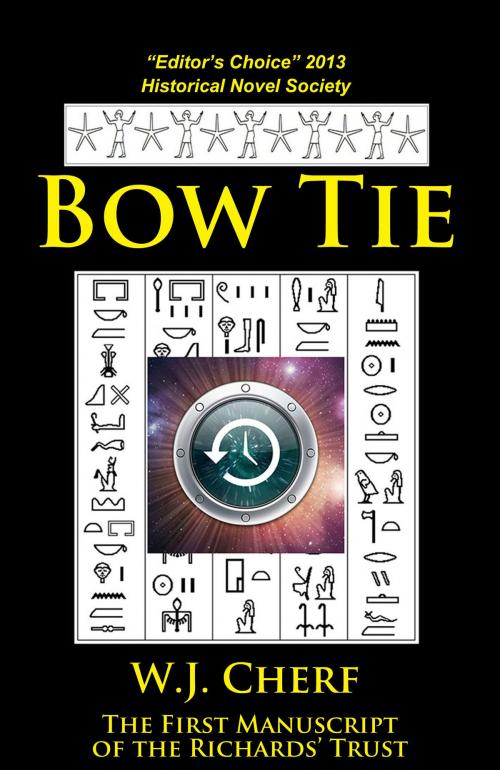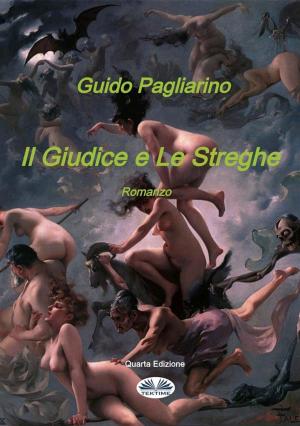Bow Tie. The First Manuscript of the Richards' Trust.
Science Fiction & Fantasy, High Tech, Fiction & Literature, Historical| Author: | W.J. Cherf | ISBN: | 9780615441306 |
| Publisher: | W.J. Cherf | Publication: | January 17, 2011 |
| Imprint: | Smashwords Edition | Language: | English |
| Author: | W.J. Cherf |
| ISBN: | 9780615441306 |
| Publisher: | W.J. Cherf |
| Publication: | January 17, 2011 |
| Imprint: | Smashwords Edition |
| Language: | English |
Not until the evidence was uncovered by tomb robbers in the 1870s would we have ever known. Then with the discovery of Tutankhamen’s tomb in the 1920s, even more hints beckoned readily at hand. But as with so many things in life, critical clues often go unnoticed until science, accident, and intrigue collide.
That collision was initiated by a Polish archaeologist who received permission to collect DNA samples from a group of royal mummies at the Cairo National Museum in 1973. A tragic victim of the Yom Kippur War, his samples sat dormant gathering dust until they were found and processed in 1998.
Meanwhile during the early 1970s an international team noticed, while x-raying the same mummy collection, some extremely unexpected physiological details among several of them.
As with the radiological data, the chromosomal evidence proved to be equally disquieting. When taken together, they argued for the introduction of a unique genetic anomaly into the human genome during the Egyptian late Eighteenth Dynasty. The source was extraterrestrial.
Bow Tie chronicles how an international scientific effort resolved the situation by using a most unusual means for prosecuting a most unscrupulous task – time travel and murder.
This is the first manuscript published by the Richards’ Trust in accordance with the posthumous wishes of Egyptologist Joseph William Richards, Ph.D.
"...an Indiana Jones meets Dr. Who-style adventure that is every bit as wild as it appears on the surface." "...the story can prove a wordy slog at times, though it does so in the tradition of sci-fi adventure writers like Michael Crichton." --Kirkus Review
Not until the evidence was uncovered by tomb robbers in the 1870s would we have ever known. Then with the discovery of Tutankhamen’s tomb in the 1920s, even more hints beckoned readily at hand. But as with so many things in life, critical clues often go unnoticed until science, accident, and intrigue collide.
That collision was initiated by a Polish archaeologist who received permission to collect DNA samples from a group of royal mummies at the Cairo National Museum in 1973. A tragic victim of the Yom Kippur War, his samples sat dormant gathering dust until they were found and processed in 1998.
Meanwhile during the early 1970s an international team noticed, while x-raying the same mummy collection, some extremely unexpected physiological details among several of them.
As with the radiological data, the chromosomal evidence proved to be equally disquieting. When taken together, they argued for the introduction of a unique genetic anomaly into the human genome during the Egyptian late Eighteenth Dynasty. The source was extraterrestrial.
Bow Tie chronicles how an international scientific effort resolved the situation by using a most unusual means for prosecuting a most unscrupulous task – time travel and murder.
This is the first manuscript published by the Richards’ Trust in accordance with the posthumous wishes of Egyptologist Joseph William Richards, Ph.D.
"...an Indiana Jones meets Dr. Who-style adventure that is every bit as wild as it appears on the surface." "...the story can prove a wordy slog at times, though it does so in the tradition of sci-fi adventure writers like Michael Crichton." --Kirkus Review















